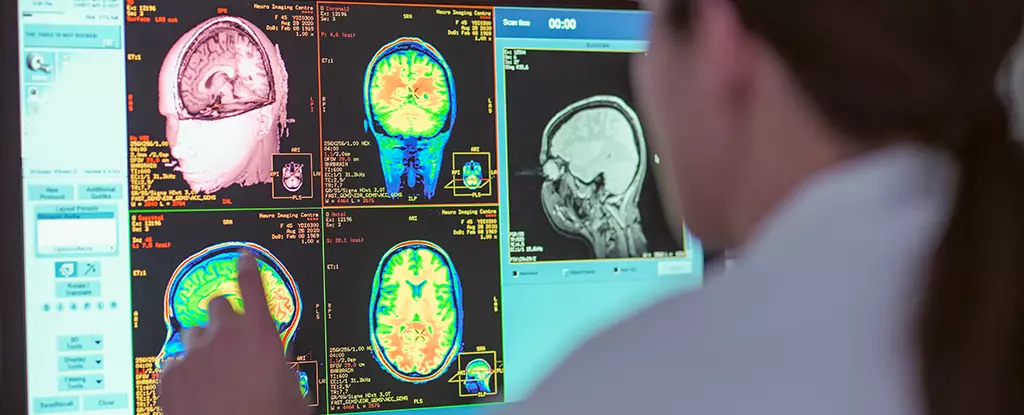A groundbreaking vaccine has been developed to target glioblastoma, a highly aggressive and deadly form of brain cancer. This personalized vaccine has shown remarkable results in the first clinical trial, extending the survival rates of four patients. By providing the immune system with essential information about the tumor’s genetic makeup, the vaccine enables the immune system to recognize and attack the cancer cells more effectively.
In the clinical trial, patients with treatment-resistant glioblastoma received two or four doses of the vaccine, leading to rapid immune activation. Within hours of receiving the vaccine, researchers observed an increase in pro-inflammatory proteins, signaling the recruitment of killer white blood cells to target the tumor. This immediate immune response also triggered short-term side effects such as nausea, low fever, and chills, which subsided within a day or two.
A major challenge in treating glioblastoma is the tumor’s ability to evade immune detection by creating an immunosuppressive microenvironment. The new vaccine works by reprogramming this tumor microenvironment using messenger RNA extracted from the patient’s own tumor cells. By packaging this genetic material into a deliverable vaccine, the immune system is trained to overcome the barriers of the tumor microenvironment, enhancing its ability to attack cancer cells more effectively.
Traditionally, patients with glioblastoma undergoing standard treatments like chemotherapy, radiation, and surgery have a median survival rate of about six months. However, with the introduction of the personalized vaccine, patients in the clinical trial experienced extended progression-free survival. One patient survived for eight months without disease progression, while another lived for nine months. These outcomes are a significant improvement compared to the typical survival rates for recurrent glioblastoma.
The success of the vaccine in the clinical trial has paved the way for further research and development in cancer treatment. Based on similar technology used in COVID-19 vaccines, this novel approach to cancer therapy offers new possibilities for modulating the immune system to target tumors more effectively. By combining the benefits of vaccine-induced immune response and immunomodulation, researchers aim to optimize treatment outcomes while minimizing adverse side effects.
Moving forward, researchers are focused on determining the optimal dosage and frequency of the vaccine for maximum efficacy and safety. Additionally, identifying complementary treatment strategies that can enhance the vaccine’s effectiveness is crucial. While the initial results of the clinical trial are promising, further research is needed to understand the long-term impacts of the vaccine on patient outcomes and quality of life.
The development of a personalized vaccine for glioblastoma represents a significant advancement in cancer treatment. By leveraging the immune system’s capabilities to target and destroy cancer cells, this innovative approach offers new hope for patients with aggressive brain tumors. While challenges and uncertainties remain, the progress made in the clinical trial sets a foundation for future advancements in personalized medicine and immunotherapy.


Leave a Reply